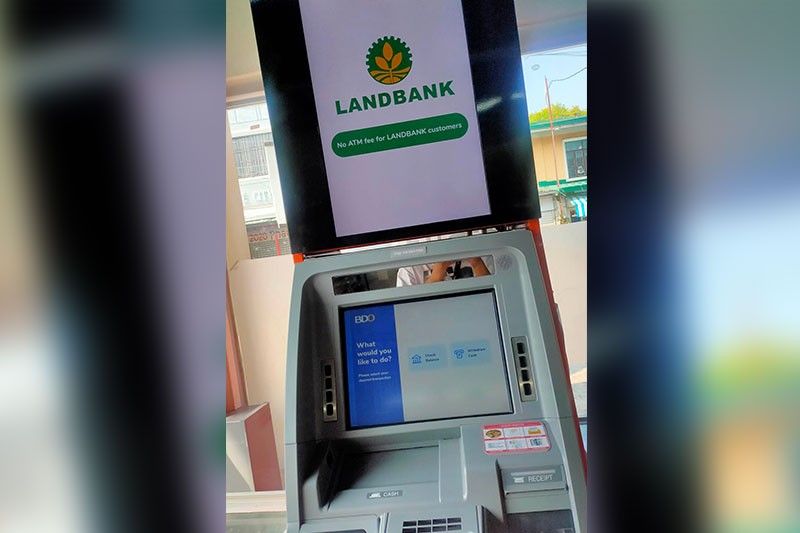Landbank-DBP merger should give bigger cash dividends – lawmaker

MANILA, Philippines — Mergers should always bring out the best in the specific industry where it is carried out, which is the way the proposed union of two state-owned banks should be, according to a senior administration lawmaker.
“There’s no question that the business combination will create a larger Land Bank (of the Philippines) with a greater capacity to generate new earnings,” Surigao del Sur 2nd District Rep. Johnny Pimentel said yesterday, referring to its planned fusion with the Development Bank of the Philippines (DBP).
“The new earnings, coupled with operating cost savings, will enable Landbank to pay additional cash dividends on a regular basis to the national treasury in the years ahead,” Pimentel added.
The veteran Mindanao legislator emphasized that the move augurs well for the government’s efforts to boost non-tax receipts that are badly needed to support social development programs, as he expressed hope that the Landbank-DBP merger will result in “bigger cash dividends” for the national government.
Landbank last declared and remitted to the treasury P8.5 billion in special cash dividends in June last year after posting a net income of P21.7 billion in 2021.
The bank recently reported a net income of P30.1 billion last year.
For House Minority Leader Marcelino Libanan, the union should not make Landbank forget its mandate to protect the marginalized and vulnerable farmers and fisherfolk in the countryside by extending to them loans or direct credit whenever they need it.
“We must stress that the LBP is duty-bound to allocate at least five percent of its regular loan portfolio for socialized credit to agrarian reform beneficiaries, small farmers and fisherfolk,” Libanan, who represents the 4Ps party-list, told Cabinet members.
“So long as this obligation to extend low-cost financing to farming and fishing communities is left unimpaired, we won’t get in the way of the proposed combination of the two banks,” he added.
The head of the House of Representatives’ 28-member minority bloc promised that opposition lawmakers would not oppose the planned merger “as long as (Landbank’s) mandate to provide direct credit support to small farmers and fisherfolk is kept intact.”
At the same time, the opposition congressman is also counting on Landbank to “continue servicing the borrowing requirements of micro, small and medium enterprises in the provinces.”
Landbank’s mission to promote countryside development has become absolutely imperative, considering that many private rural banks have collapsed over the years, according to Libanan.
Since 2012, the Bangko Sentral ng Pilipinas has ordered the closure and liquidation of 123 troubled private rural banks across the country, based on Philippine Deposit Insurance Corp. records.
The Marcos administration wants to merge Landbank with the DBP, with the former as the surviving entity, in a bid to achieve operating efficiency and reduce cost.
The union of the two state-owned lenders will create the nation’s largest bank with P4.18 trillion in assets, according to Finance Secretary Benjamin Diokno.
Landbank, which acts as the official depository of government funds, has 752 branches, 2,810 automated teller machines (ATMs) and over 10,000 employees.
The DBP has 147 branches, 836 ATMs and over 3,600 employees.
- Latest
- Trending




























